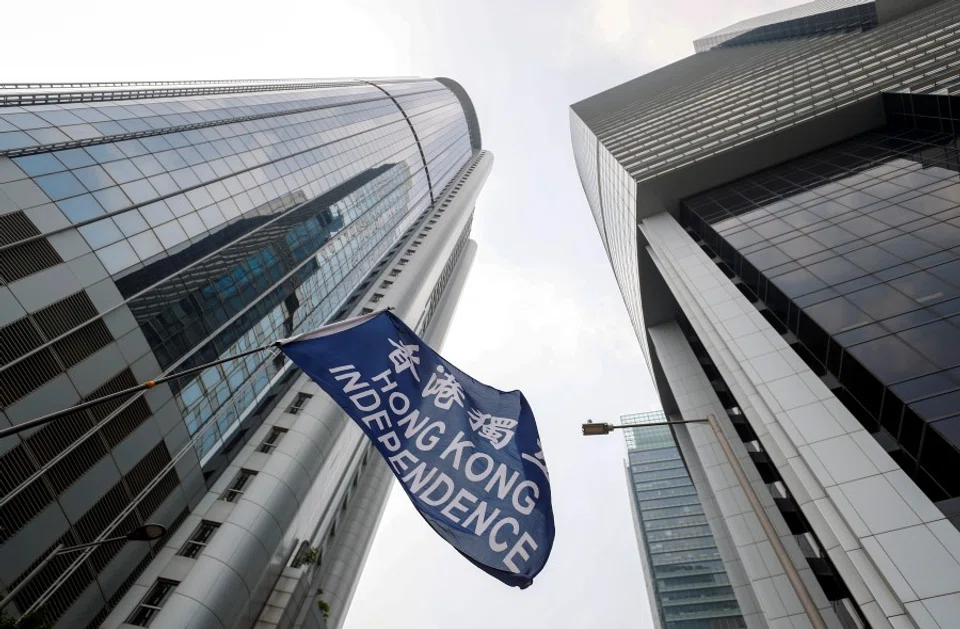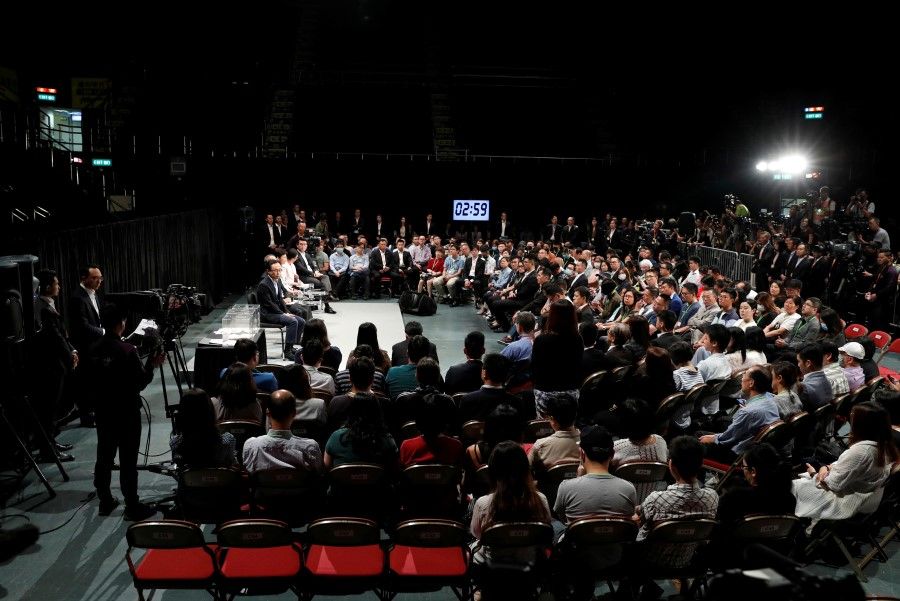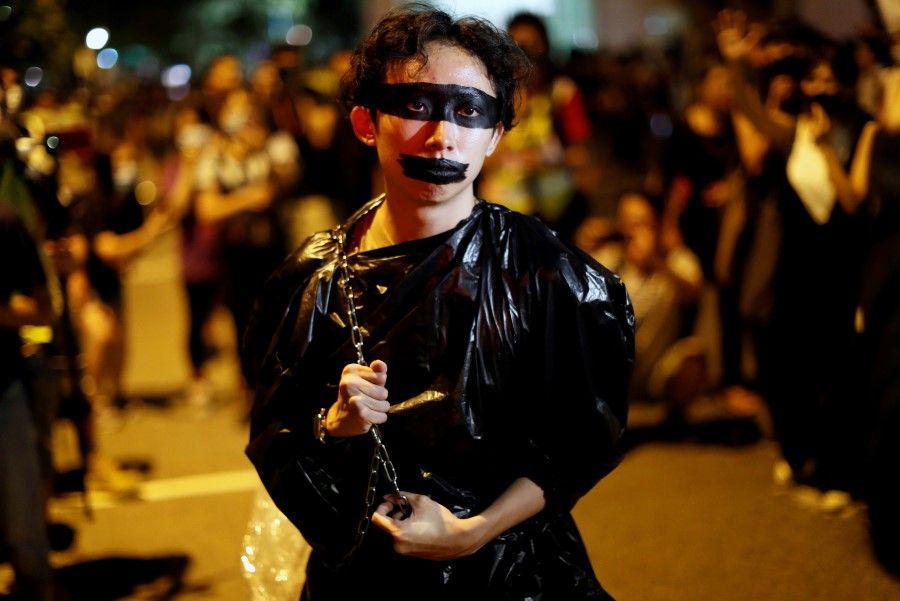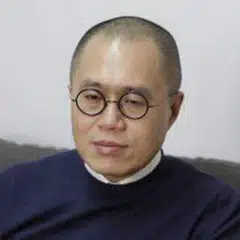OB Marker no more: The problematic "Independence" label (Part II)

I never thought Carrie Lam was pro-independence for Hong Kong. At least, that was the accusation I came across on a mainland China website.
In Hong Kong, independence is a political OB marker that is not to be touched.
It all started with a Hong Kong police officer taking to Weibo in mainland China to criticise Carrie Lam for engaging in a dialogue with the Hong Kong protesters. The logic went something like this: the Hong Kong protesters, and even everyone who sympathises with them and the resistance movement, are all pro-independence troublemakers, while the Hong Kong police are on the front line, bravely fighting back the violent wave of pro-independence. And since the police stand against Hong Kong's independence, they are the good guys and everything they do is to calm the violence by pro-independence factions; if anyone obstructs their job, that person is indirectly helping Hong Kong independence and is automatically categorised as pro-independence. And given Carrie Lam's recent meeting with young protesters, that police officer felt it will be very difficult for them to enforce the law. Which means Carrie Lam is helping pro-independence along, and so there is reason to suspect her of being secretly pro-independence.

The same thing happened to Chinese University of Hong Kong (CUHK) vice-chancellor Rocky Tuan. He issued an open letter calling on the government to look into students' reports of abuse of force; if true, CUHK would support and help the students. It seems nobody saw the keyword "if"; or perhaps they applied the same logic above to conclude that any request to investigate complaints against the police is obstructing police work. And so Rocky Tuan was criticised on all fronts. Official media only said he condoned violence, but online, some said he was pro-independence.
But then, recent polls show that ratings for the Hong Kong police are very low at the moment. So does that mean everyone in Hong Kong who gave the Hong Kong police low ratings is also pro-independence?
In Hong Kong, independence is a political OB marker that is not to be touched. Given the Chinese Communist Party's (CCP) history with political struggle, this OB marker should be strictly observed and defined. However, around this OB marker, skilful negotiations, demands, and even disagreements, can take place. As I said in my previous essay, "'Hong Kong independence' is in its most fundamental, a political proposition. It recognises Hong Kongers not as people of China, but as a completely different nation, such that it is necessary to push for Hong Kong's independence from the People's Republic of China, to the point that it gains the world's recognition as an independent sovereign state."
What we are witnessing now is that the OB marker is expanding and the scope of independence for Hong Kong is widening, squeezing out all remaining political space. Why? Because we are entering extraordinary times, where the Chinese government's usual "united front" philosophy (统战哲学) of uniting the majority and striking at the minority no longer applies. Rather, there is now a movement towards the "left".
To put it simply, when it comes to political tussles in extraordinary times, the most important thing is to take sides.
Actually, we have been in this state for years. From the time Occupy Central evolved into "independence for Hong Kong", the pro-independence label has grown to what it is today. This is the kind of movement that is hard to put the brakes on once it gets started, because it has its own logic and motivation. It may have begun as a political strategy at less than full strength, but once that step was taken, the definition of that OB marker called Hong Kong independence had to be changed or crossed, otherwise it would be hard to explain why a political initiative that clearly did not ask for Hong Kong to be independent of the People's Republic of China could still be judged as wanting that independence for Hong Kong. And so with the current instability, and before the new definition takes shape, the label "independence for Hong Kong" is spreading like a plague.
In the end, we can only crudely settle on the least politically damaging position, and any slight deviation becomes potentially a hidden agenda for Hong Kong's independence. Support for Hong Kong's police is just such a "correct" position.
To put it simply, when it comes to political tussles in extraordinary times, the best thing is to pick a side. And the most politically correct (or "left") side is surely the least problematic. Going that route means that saying someone is pro-independence or relating something to Hong Kong's independence is unlikely to come with any consequences, or at least not too much, and might even earn one some credit. Conversely, there are consequences for defending someone as not pro-independence, or saying that something has nothing to do with independence for Hong Kong. The incident may be pursued and you may be suspected of sympathising with the enemy, or you may even be labelled as a well-hidden pro-independence character. And the leap from "sympathising with the enemy" to being a spy for the enemy can be made very quickly.
In the online arena, the Internet community runs on very similar logic. Because under the theme of patriotism, hitting out at independence for Hong Kong is like a mass witch hunt - even anonymous netizens are after social media recognition and want to avoid being attacked. If the wrong target is attacked, at most the post is deleted (for example, suspecting that Carrie Lam is pro-independence); but if someone picks the wrong side, they fear the authorities will want to "talk" to them, or that they will be doxxed.

One very practical question is: can such a movement solve Hong Kong's current crisis?
Over the past few months, most of Hong Kong's middle class, including former chief justice Andrew Li, agree that there should be an independent inquiry into all the recent happenings in Hong Kong, and an in-depth dialogue between the government and protesters. But right now, suggesting that investigations should involve the police (as principal Tuan said), or meeting with the protesters (like Ms Lam did), can mean sympathising with them. So the most trusted members of society with the highest status, who still have some authority left, all have to be classified as the enemy (not forgetting Li Ka-shing, previously criticised for being on the side of the protesters)?
And it goes without saying that professions such as law, nursing, social work, and education, which are all part of the system, are now considered pro-independence hotbeds. We can also foresee that as legal proceedings begin against the arrested protesters, there will be more people levelling criticisms that Hong Kong's legal system is leaning towards pro-independence.
Finally, the majority of Hong Kong's populace that polls show to be sympathetic to the movement and unhappy with the police - they are apparently all pro-independence. So, what can be done? How can the central government win people over? How do we ensure that people in Hong Kong and mainland China get along? How do we ensure a Hong Kong run by Hong Kongers? By what power can we guarantee the long-term stability of Hong Kong, and the upcoming Greater Bay Area?
If anything one says or does can be construed as being pro-independence, then what choices are left for the majority of originally moderate Hong Kongers? Will they become more frightened, and not dare to say or do anything?
If these are long-term questions, they may wait until after the unrest ends. So let's look at the immediate issues. Due to the preference for "left" over "right", and the rampant labelling, "independence for Hong Kong" is losing its effectiveness as a political OB marker. If anything one says or does can be construed as being pro-independence, then what choices are left for the majority of politically moderate Hong Kongers? Will they become more frightened, and not dare to say or do anything? Or will they feel indifferent about independence for Hong Kong? Can the common use of the label "Hong Kong independence" better resolve Hong Kong's problems, or will a whole bunch of people be labelled as pro-independence supporters for no good reason?
(Originally published in the Apple Daily)
